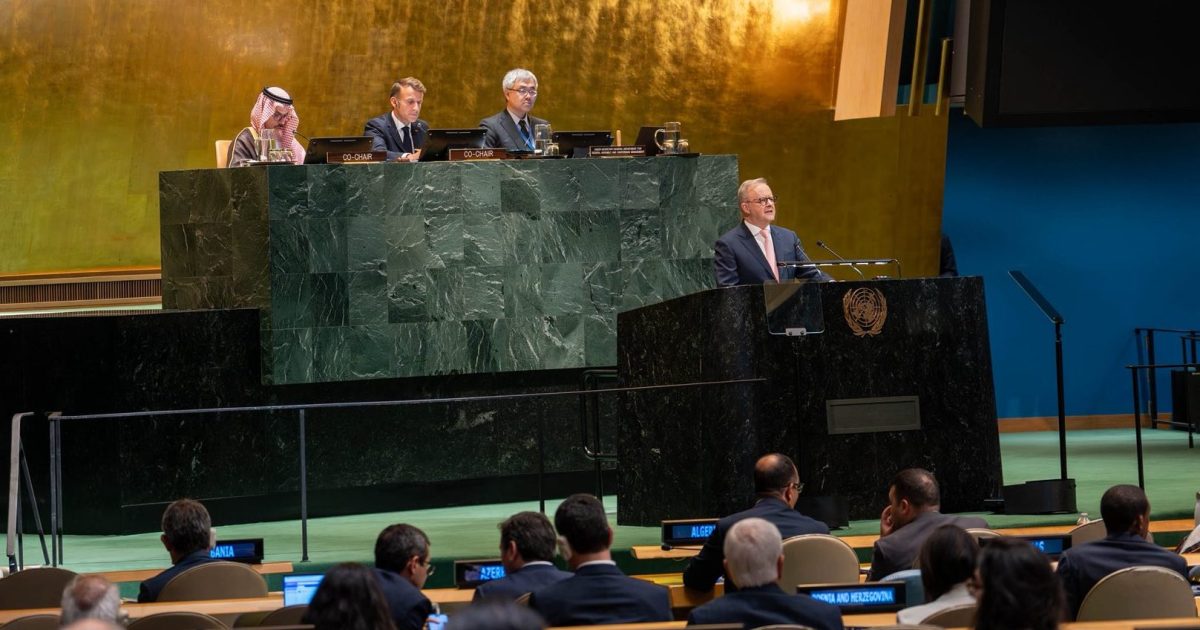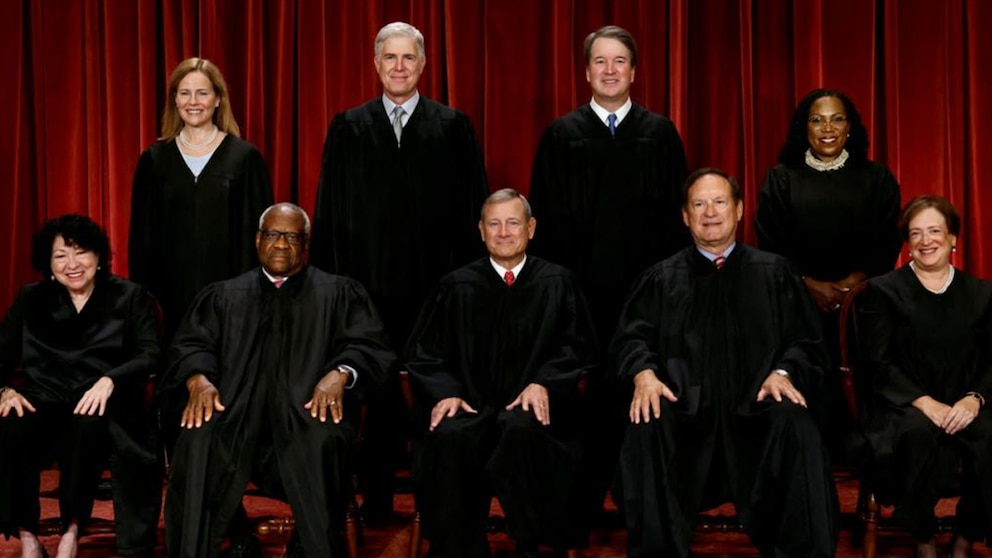Trump Snubs Albanese Again: Implications for US-Australia Relations
Donald Trump has once again declined a meeting with Australian Prime Minister Anthony Albanese, this time at the United Nations General Assembly in New York. This marks the second time a scheduled meeting between the two leaders has been cancelled, raising questions about the current state of the US-Australia alliance.
The UN Snub and Its Context
The White House released Mr. Trump’s itinerary for the UN General Assembly, which includes bilateral meetings with several other heads of government. The schedule makes no mention of Australia or a meeting with Mr. Albanese. The Prime Minister's best hope for interaction may be a brief handshake at a US-hosted reception for world leaders. This snub follows a previous cancellation at the G7 Summit in Canada in June.
Some interpret this snub as a reaction to Australia’s formal recognition of Palestine at the UN. White House press secretary Karoline Leavitt stated that Mr. Trump believes that nations recognizing Palestinian statehood are not doing enough to address the hostage situation in Gaza or end the conflict, viewing such decisions as a "reward to Hamas."
Reactions and Political Fallout
Opposition Leader Sussan Ley has taken the unusual step of writing to US Republicans, assuring them that a future Coalition government would withdraw recognition of a Palestinian state. Foreign Minister Penny Wong criticized Ms. Ley's actions, accusing her of running her own foreign policy and undermining diplomatic bipartisanship. Senator Wong emphasized the importance of Australia speaking with one voice on the international stage.
Liberal Senator Dave Sharma defended Ms. Ley’s actions, arguing it is appropriate for oppositions to have relationships with parliamentary counterparts around the world. Shadow minister Andrew Bragg stated that Australia has been treated "like a piece of dirt" by the current US administration. Conversely, Assistant Foreign Minister Matt Thistlethwaite suggested that the snub signifies a strong bilateral relationship where agreements are already in place. Deputy Prime Minister Richard Marles downplayed the incident, expressing confidence in a future meeting between the two leaders.
AUKUS, Trade, and the Future of the Alliance
The lack of a meeting raises concerns about key issues such as the AUKUS security pact and trade relations. Despite strong bipartisan support for AUKUS in the US Congress, Trump has not made a definitive statement on the agreement. Concerns also persist about potential changes to trade terms, with Australia potentially facing tariffs on pharmaceuticals and other goods.
Questions remain about Trump’s broader view of the US-Australia alliance, particularly concerning China, Taiwan, and the Indo-Pacific region. Some worry that Trump might treat Australia in a similar manner to Canada, South Korea, and India, whose leaders have expressed disappointment with his policies. Australia seeks clarity on Trump’s strategic intentions to inform its own foreign policy decisions.
Conflicting Perspectives and Potential Implications
Former Australian ambassador to the US Arthur Sinodinos expressed disappointment at the absence of a meeting between Albanese and Trump. Similarly, former prime minister Scott Morrison emphasized the importance of leader-to-leader engagement. Michael Shoebridge, former defence policy official in Washington, suggested that the snub indicates a lack of interest from Trump. Despite these concerns, Albanese downplayed fears about Rudd's access to the White House. Albanese has brushed these issues aside and looks forward to “meeting when he meets”.
| Issue | Details |
|---|---|
| UN Meeting | Trump declined a bilateral meeting with Albanese. |
| Recognition of Palestine | Trump criticized Australia's recognition of Palestinian statehood. |
| AUKUS | Trump has not made a definitive statement on the pact. |
| Trade | Potential changes and tariffs are a concern. |
| Kevin Rudd | Opposition claims Rudd's past criticisms of Trump are hurting Australia. |
 Visit the website
Visit the website




